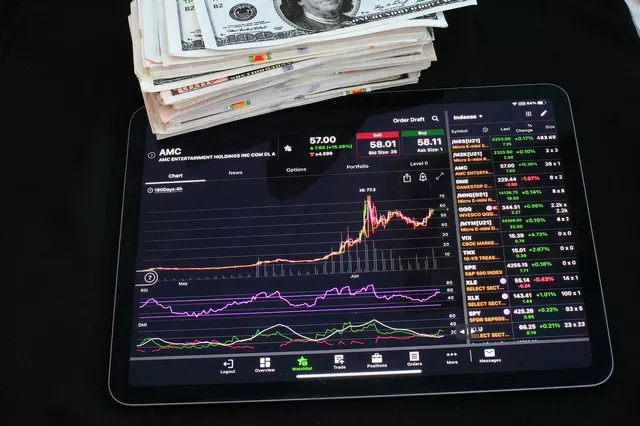Futures trading is a dynamic and versatile financial market that enables participants to speculate on the future price of various assets, from commodities like oil and gold to financial instruments like stock indices and interest rates. Understanding how futures trading works is essential for both novice and experienced traders.
What Is Futures Trading?
Futures trading is a form of financial trading where participants enter into contracts known as futures contracts. These contracts obligate the buyer to purchase and the seller to sell a specific quantity of an underlying asset at a predetermined price on a specified future date. Futures contracts are standardized and traded on organized exchanges.
Key Elements of Futures Trading
To comprehend how futures trading works, it’s crucial to understand the fundamental elements involved:
Underlying Asset: Every futures contract has an underlying asset, which can be a commodity (such as oil or wheat), a financial instrument (like a stock index or interest rate), or even a cryptocurrency (such as Bitcoin).
Contract Specifications: Each futures contract has specific terms and conditions, including the quantity of the underlying asset, the delivery date, and the contract price.
Expiration Date: Futures contracts have expiration dates, typically falling on the last business day of the delivery month. Traders can choose from various contract months to trade, catering to their specific needs.
Price Determination: The price of a futures contract is expressed in monetary terms and is determined through supply and demand dynamics in the futures market. It reflects market participants’ expectations about the future value of the underlying asset.
Market Participants in Futures Trading
Several key players participate in futures trading, each with distinct roles:
Hedgers: Hedgers use futures contracts to protect themselves from price fluctuations in the underlying asset. For example, a farmer might hedge against falling grain prices, while an airline might hedge against rising oil prices.
Speculators: Speculators enter the market with the aim of profiting from price movements. They do not have a direct interest in the underlying asset but seek to capitalize on market volatility.
Market Makers: Market makers facilitate trading by offering to buy and sell futures contracts at specific prices. They play a crucial role in maintaining liquidity in the market.
Arbitrageurs: Arbitrageurs exploit price differences between related markets or contracts to make risk-free profits. They help align prices across markets.
The Mechanics of Futures Trading
The mechanics of futures trading involve a series of steps, from order placement to contract settlement:
Selecting a Futures Contract: Traders choose a specific futures contract based on their market analysis and trading strategy. They consider factors like the underlying asset, contract specifications, and contract months available.
Placing an Order: Traders place buy (long) or sell (short) orders with their brokers. These orders specify the contract month, quantity, and price at which they are willing to trade.
Order Matching: Orders are matched on the futures exchange’s electronic trading platform. Buy orders are matched with sell orders based on price and time priority.
Margin Requirement: Traders are required to deposit an initial margin with their brokers to cover potential losses. Margin requirements vary based on the contract’s volatility and other factors.
Daily Settlement: At the end of each trading day, contracts are marked-to-market. Profits and losses are calculated and settled by transferring funds between traders’ accounts based on price movements.
Contract Expiry: As the delivery date approaches, traders can either close their positions by taking an opposite position or allow the contract to expire, which may result in physical delivery (for certain commodities) or cash settlement.
Types of Futures Contracts
There are various types of futures contracts, each catering to specific asset classes and trading needs:
Commodity Futures: These contracts involve physical commodities like oil, gold, and agricultural products. Traders can speculate on the future price of the commodity or use futures for hedging purposes.
Financial Futures: Financial futures encompass contracts tied to financial instruments such as stock indices, interest rates, and currencies. They allow traders to gain exposure to financial markets without owning the underlying assets.
Currency Futures: Currency futures involve the exchange of one currency for another at a predetermined price and date. They are used for currency hedging and speculative trading.
Risk and Rewards in Futures Trading
Futures trading offers opportunities for substantial profits but also carries inherent risks. Traders can profit from both rising (going long) and falling (going short) prices, but leverage can magnify losses. Risk management strategies, including stop-loss orders and proper position sizing, are crucial to mitigating potential losses.
Conclusion
Futures trading is a dynamic and versatile financial market that allows participants to speculate on the future price of various assets. Understanding the key elements, participants, and mechanics of futures trading is essential for traders seeking to navigate this exciting market successfully. Whether you are a hedger looking to protect against price fluctuations or a speculator aiming to profit from market volatility, futures trading offers a wide range of opportunities to meet your financial objectives.


